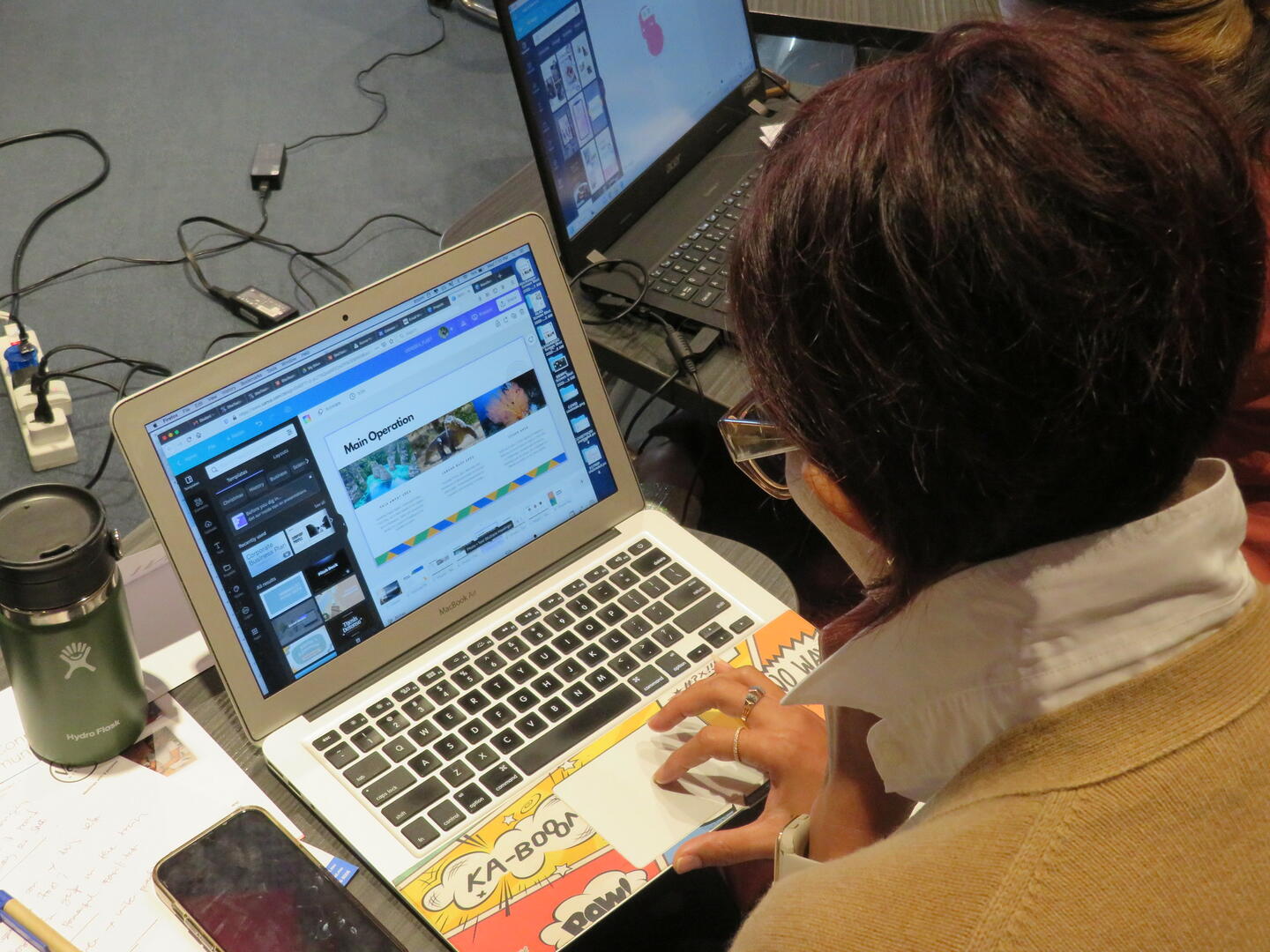
Good design is good business
Small businesses are no exception!
As consumers, our decisions are shaped by design more than we realize: when gliding our fingers on a supermarket shelf, how often do we rely on packaging to help us choose between products that would otherwise be hard to differentiate? That is nothing other than branding working its magic on us.
The explosion of digital commerce has only made our reliance on design stronger: in a digital world where businesses are constantly competing for consumers’ fickle attention on social media, design is what cuts through the noise and gets consumers’ thumbs to stop an otherwise endless scroll.
But design also means delightful digital experiences: how often do we go back to a product or service after a positive first digital experience?
Or, conversely, how often do we turn away from a possible purchase when a website is confusing or the check-out experience proves too laborious? Again, this is design (or lack of it) shaping our buying decisions.

Big business has long understood the magic of design. In its famous study, “The business value of design”, McKinsey concluded that good design equals good business. The study tracked the design practices of 300 publicly listed companies – across multiple countries and industries – over a five-year period and revealed something that hailed a new understanding of design as a critical factor for business success: design-driven companies outperform competitors that don’t invest in design 2:1.
Published in 2018, the study was nothing less than groundbreaking in that it quantified for the first time the actual impact that design can have on a business bottom line.
Design creates value for business in two macro ways:
1. internally, by helping businesses put users at the centre of their strategies and processes
2. externally, by translating this user focus into brands that resonate and into seamless experiences across digital (websites and apps), physical (stores and products) and services.
But how is this applicable to small businesses that don’t command anywhere near the budget of a multinational company? The answer is that design is more about mindsets (and a set of skills) than about commanding large budgets. And these are things that even micro and small businesses can adopt.

The no-code revolution – closely followed by the current AI revolution - means small and micro businesses in developing countries can reap the benefits of cheap and accessible technology to become more design-driven.
Canva is one such tool. By providing a free and intuitive design platform easily accessible via mobile, Canva empowers entrepreneurs to embed design into their businesses. Business can design their brand identity, apply it consistently across their marketing materials and promote their products and services – all in Canva.
Crucially, they can use the platform to collaborate with others internally and to gather insights from their audience.
If design has been proven to work for business and technology makes it possible to lower the entry bar for small businesses and entrepreneurs, what’s missing? More often than not, it’s knowledge: businesses need not only access to the tools but also knowledge on how to make the most of them to be able to access global markets.
This is why Canva is working with the International Trade Centre (ITC) to design digital upskilling trainings to empower small businesses and business support organizations, helping them unlock the power of design. In the past two years, almost 600 entrepreneurs, mostly from across Africa, improved their graphic design and marketing skills.
Also, Canva trained trainers from 11 institutions hosting SheTrades Hubs in Asia, Africa and the Caribbean, which presumably have continued training hundreds more small businesses, particularly women enterprises. As good design is good business, good partnership is good value for businesses.

















